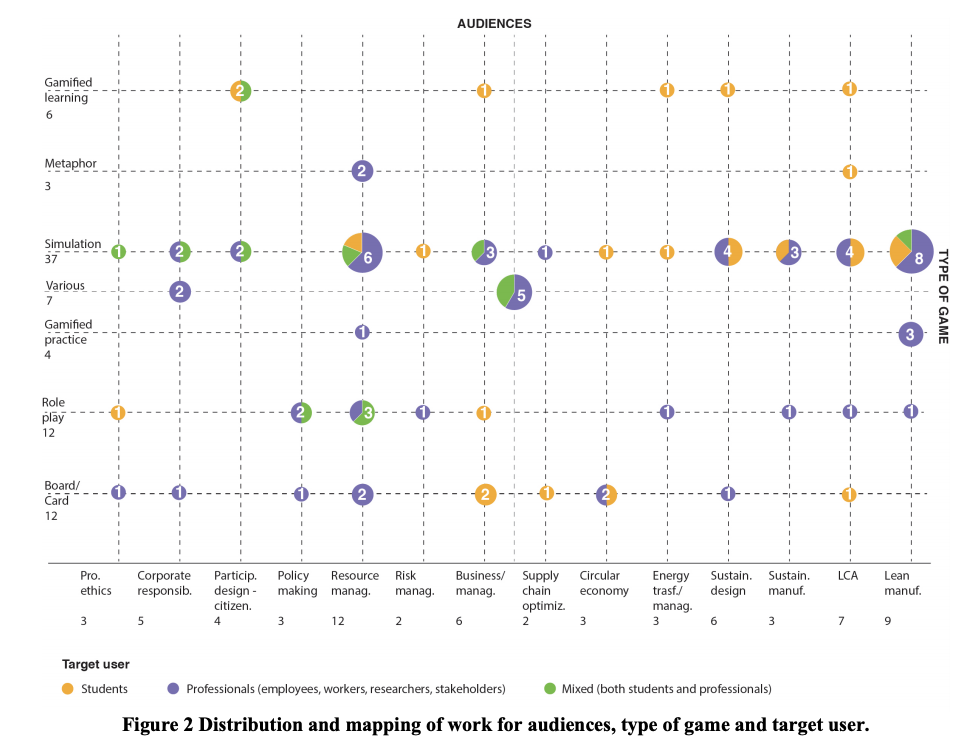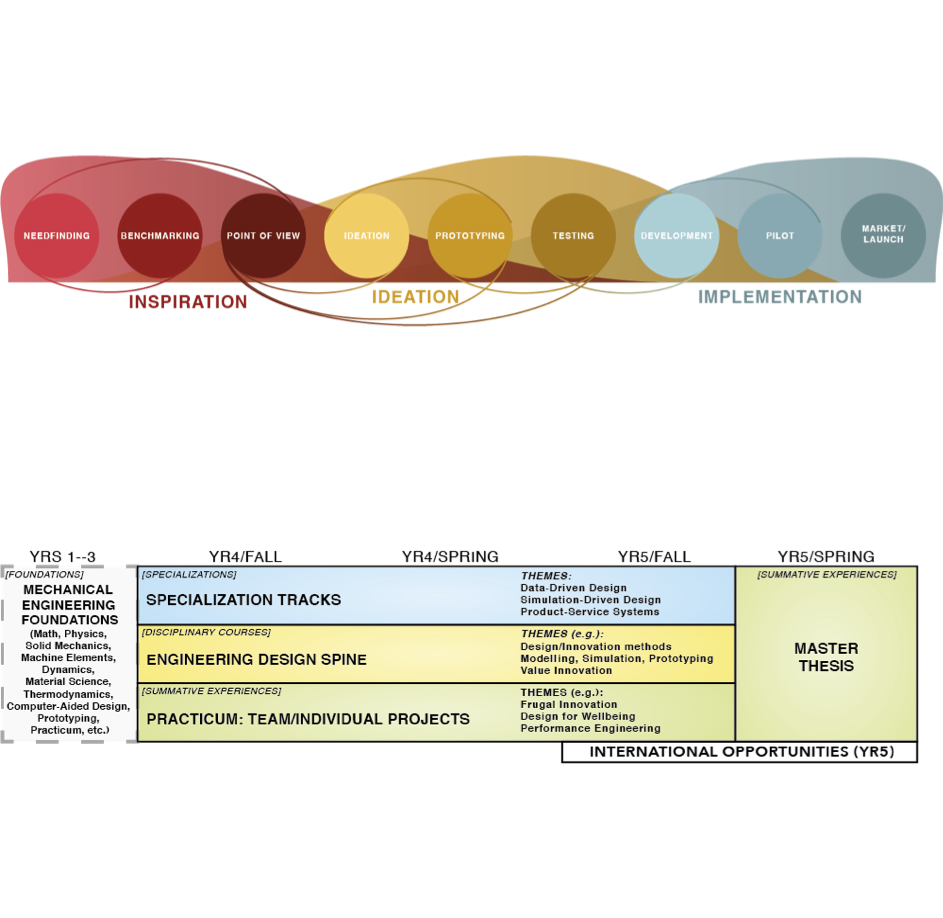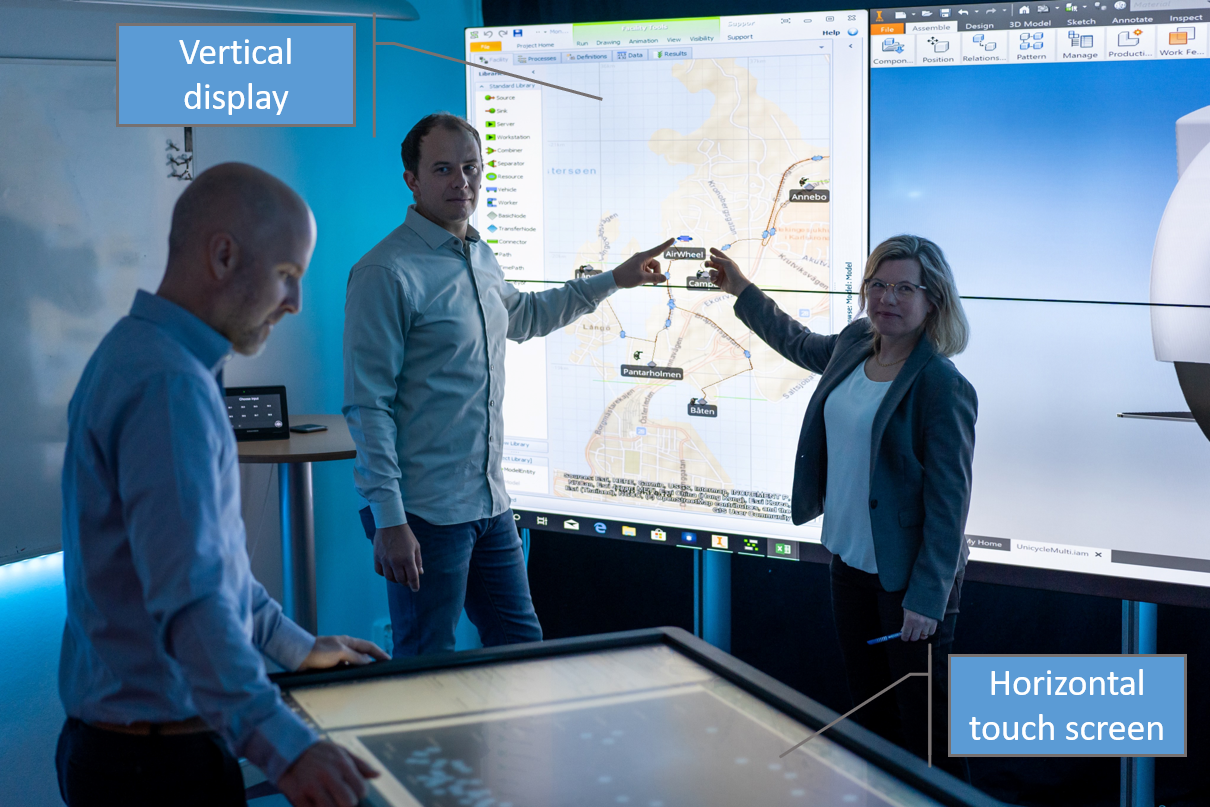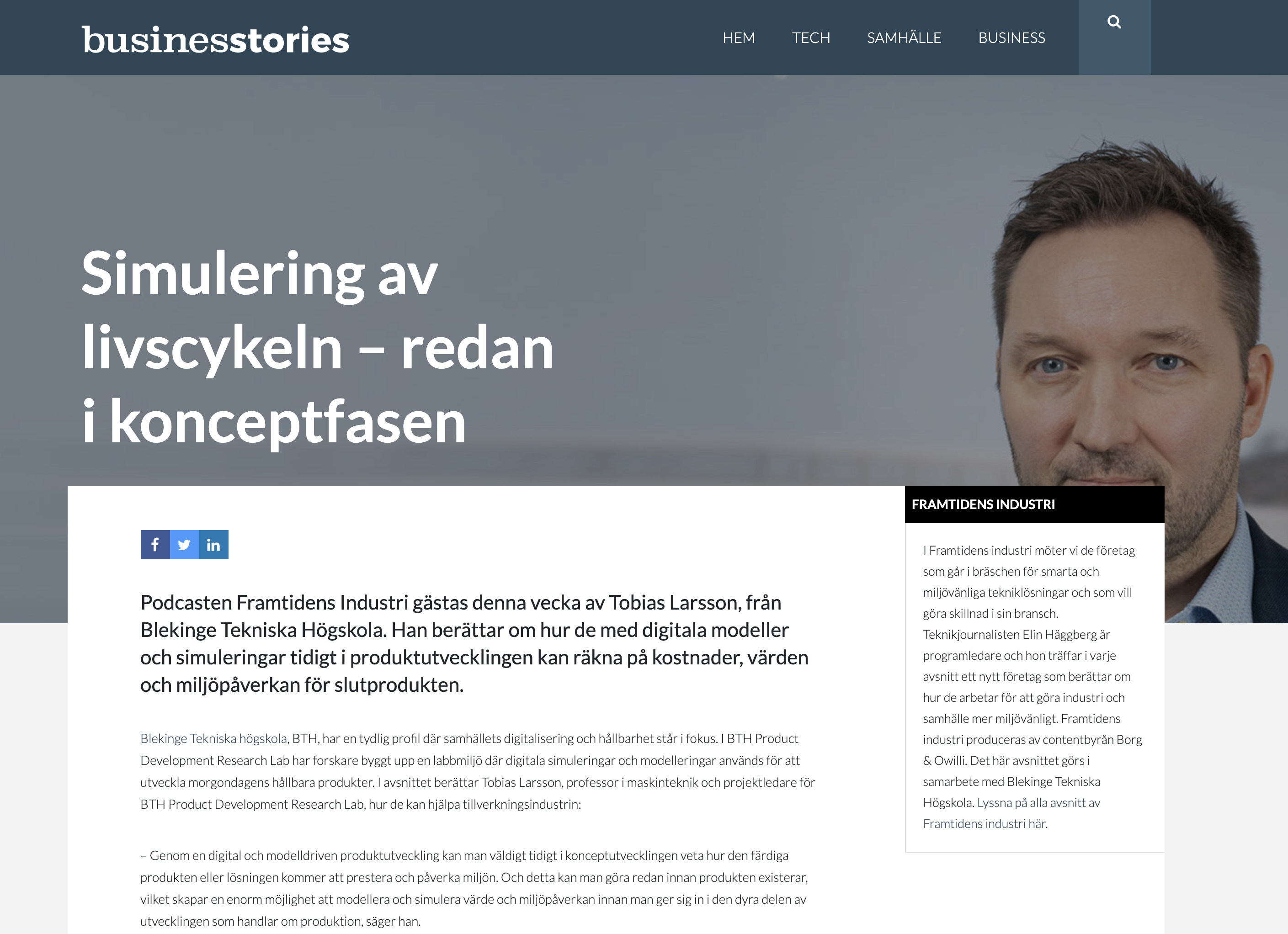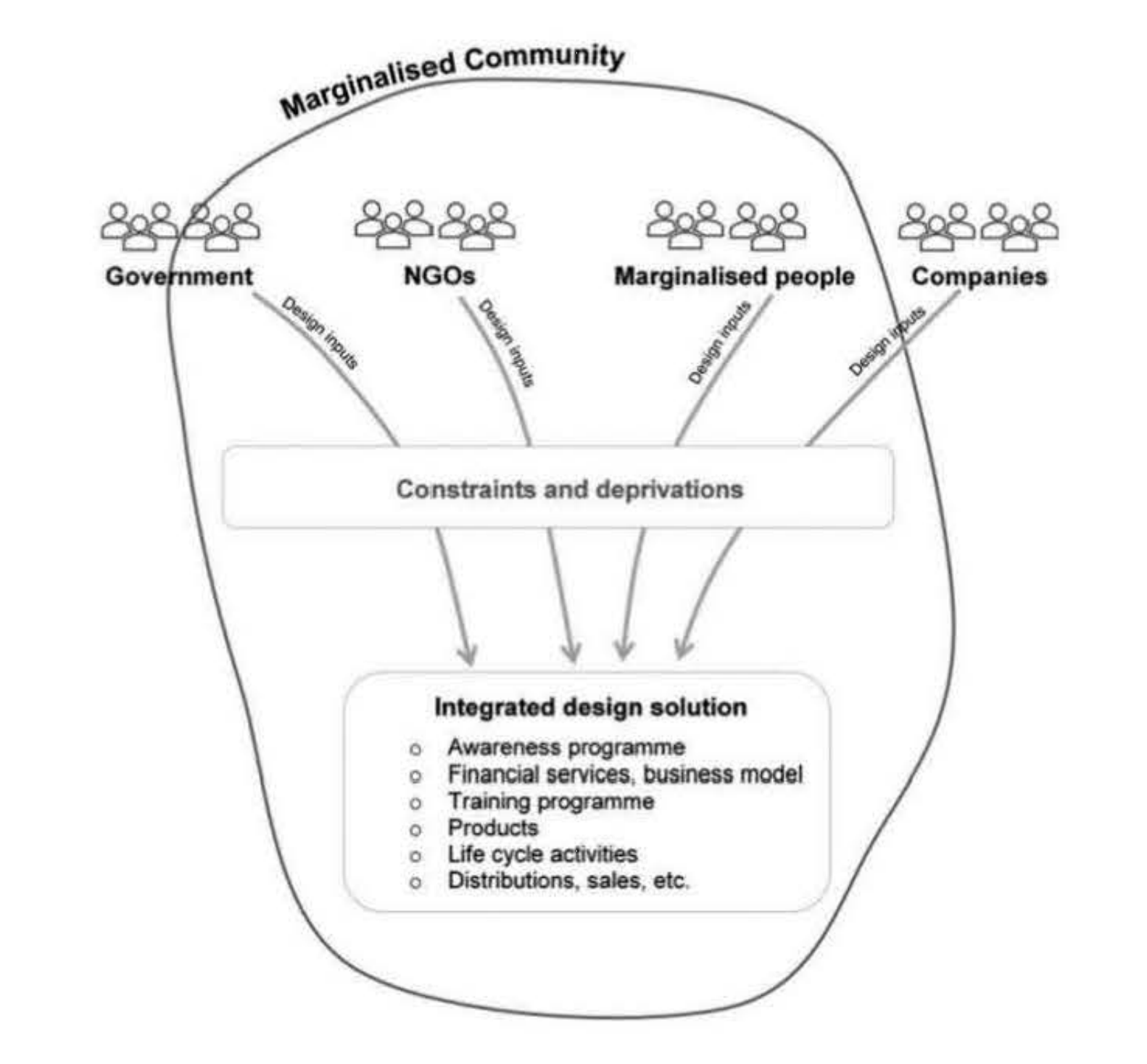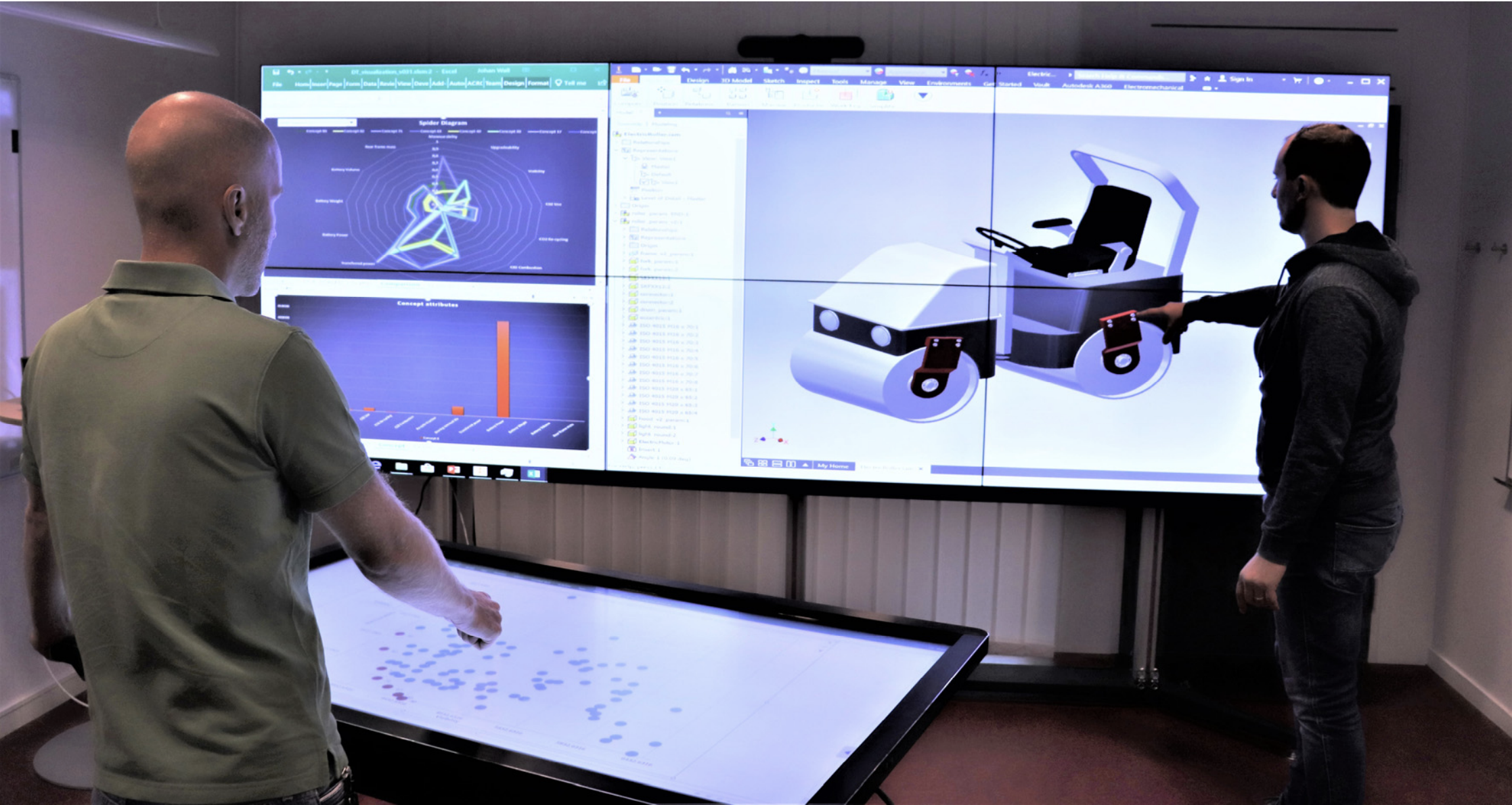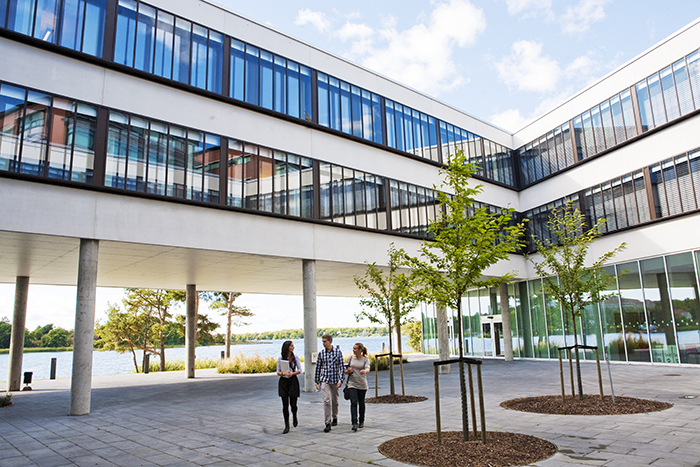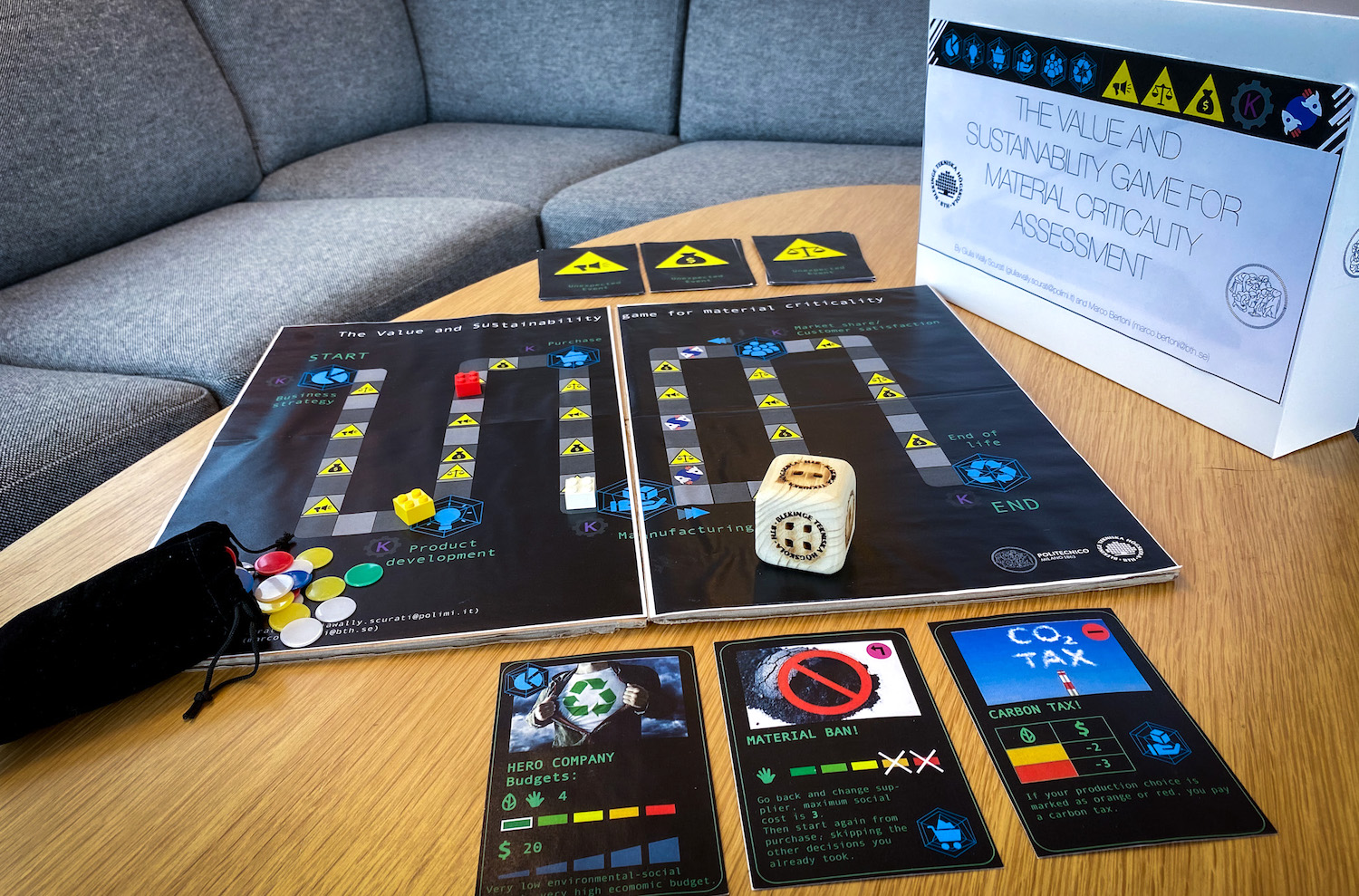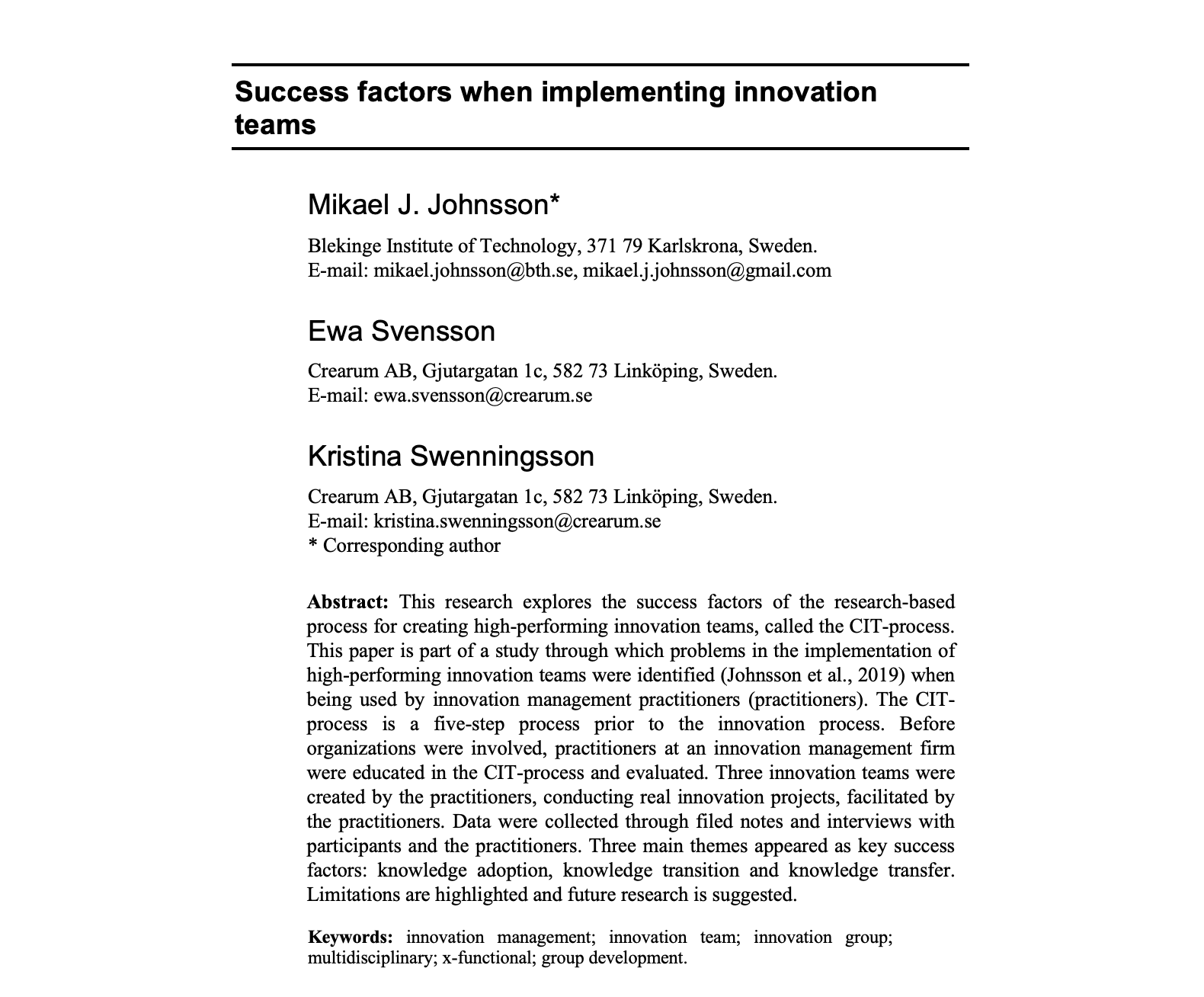Abstract The transition towards more sustainable practices is one of the main challenges that companies and organizations are currently facing. The use of serious games and gamification has shown to be effective in creating awareness and support learning in many contexts, including sustainability education of practitioners and future ones. We performed a systematic mapping of the use of games […]
Read More